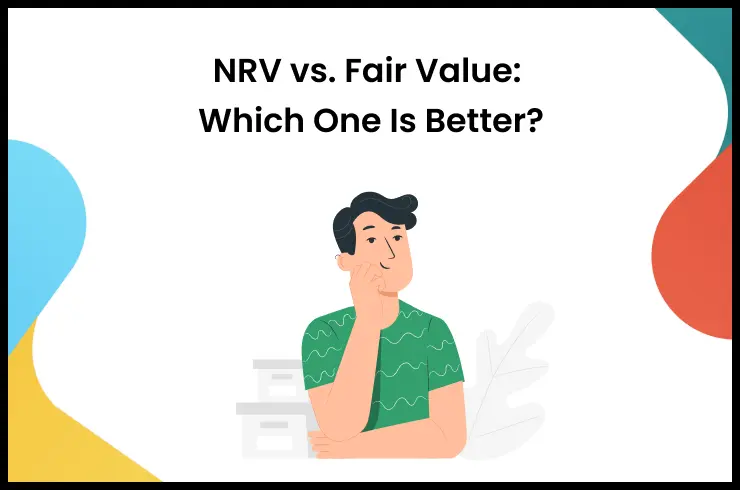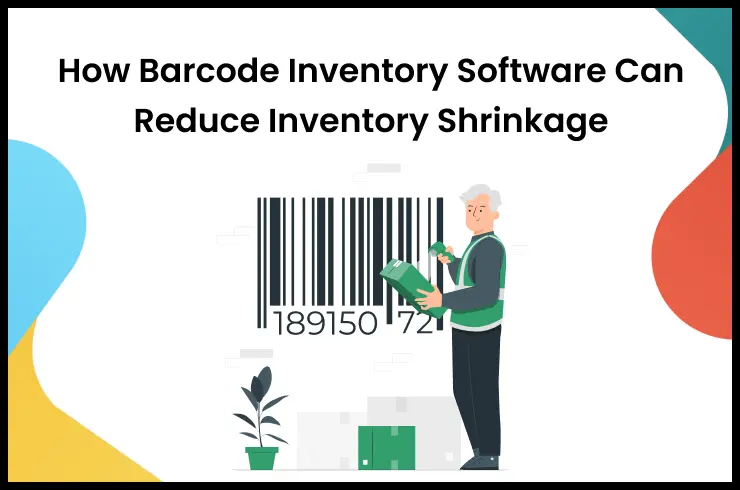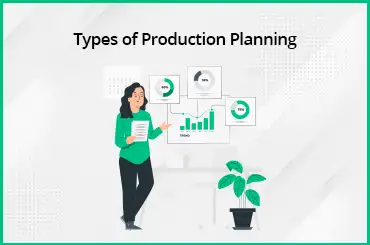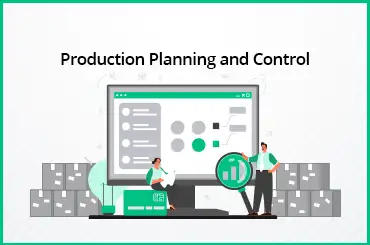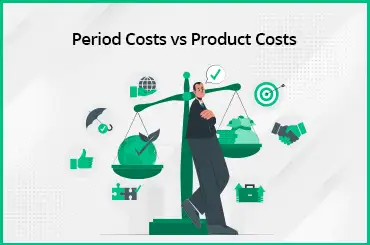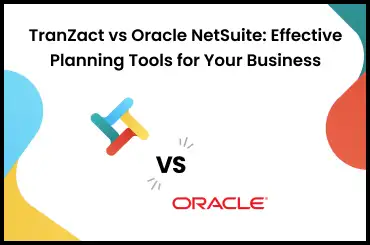Manufacturing process planning is an important activity when it comes to providing unique and ideal products for customers. Manufacturing companies usually face problems in providing quality products that are designed based on customer needs. Growing competition in the manufacturing industry is another problem that makes the manufacturing process challenging.
To know more, scroll down and explore detailed information about manufacturing process planning or MPP within product lifecycle management (PLM).
What is Manufacturing Process Planning?
Manufacturing process planning is the integrated approach to managing manufacturing data, operations, and PLM processes to make production cycles efficient and fast. It allows business teams to strategize, stimulate, and secure manufacturing processes and product design before executing final production.
The production process involves operation sequencing, machine process planning, assembly line planning and processes, and communication through the organization and external enterprises.
Manufacturing companies are constantly on the lookout for new technologies and methodologies to design and incorporate high-performing processes, in order to stay ahead of their competitors. These businesses usually distribute process manufacturing across multiple plants and suppliers that are carried out in multiple geographical locations.
Production processes need to be constantly monitored, which may be done by ERP systems or computerized process plans but often these solutions cannot offer scalability and extensibility. So, many companies are moving towards MPP software that supports engineers design and develop product and manufacturing processes concurrently.
Let's move forward to understand how manufacturing process planning functions and how MPP software can help to manage manufacturing information.
Manufacturing Process Planning Functions
Manufacturing planning act as a bridge between engineering, manufacturing, and execution. Designing the product and bringing together manufacturing information involves the following steps that must be followed by engineers or manufacturers to plan the whole process.
Reconciliation of MBOM and EBOM
Product development and manufacturing process planning are integrated into product lifecycle management and material planning. Here, thoughtfully developed software help in ensuring the alignment of Engineering Bill of Material (EBOM) with Manufacturing Bill of Material (MBOM). This helps to stay up to date regarding latest process changes and designs.
BOP Creation and Maintenance
The MPP software helps to create processes and operations within the bill of purchase (BOP) and assigns the relevant parts and assemblies from MBOM. Manufacturing process planning further helps in providing tools and resources from the bill of equipment (BOE) for specific operations. The software also syncs the manufacturing and engineering process by communicating product engineering changes and reflecting them to the BOP.
Line Balancing
With the help of manufacturing process planning software, a manufacturer can easily manage time with balancing tools. The software displays the roll-up times for operations and data of various stations and operators, including the manufacturing plan's cycle and wait times.
Creation of Instruction for Workers
The last step is to author the electronic work instructions to execute operations under BOP. The software links the textual instruction to reference parts, resources, and visual aids, including 3D graphical representation, for accurate and clear guidance for workers.
Benefits of Manufacturing Process Planning
A manufacturing process planner evaluates various manufacturing scenarios and maximizes resource utilization, and optimizes the process from the very beginning of the product lifecycle. The implementation of a MPP software makes their work easy and provides various benefits.
It helps to maintain consistent quality across multiple assembly lines and plants and increases the overall efficiency of the manufacturing process. It provides flexibility to identify problems, quickly shift production accordingly and reduce operational costs. Also, manufacturing process planning helps to quicken the introduction of new products in the market and enable efficient collaboration between engineers, designers, and shop floor workers.
Adopt the Best Solution to Efficiently Manage Manufacturing Process Planning
Manufacturing process planning or MPP is the ideal method to achieve required finished goods, from acquiring raw materials to designing the product and organizing manufacturing process information. Here, MPP solutions provided by software such as TranZact can help to plan manufacturing details and track production in real-time from anywhere. Additionally, software like TranZact is loaded with all the features to improve manufacturing planning and even automate your production planning and scheduling processes for consistent business growth.
FAQs on Manufacturing Process Planning
1. What are the common risks in manufacturing process planning?
Inadequate documentation, data protection, inefficient inventory management, risk assessment and control limitations, and ineffective tools and technologies are some common risks faced in manufacturing process planning.
2. What is the objective of manufacturing process planning?
The main objective of manufacturing process planning is to help the process planner to develop the product design while considering all the challenges prior to execution.







